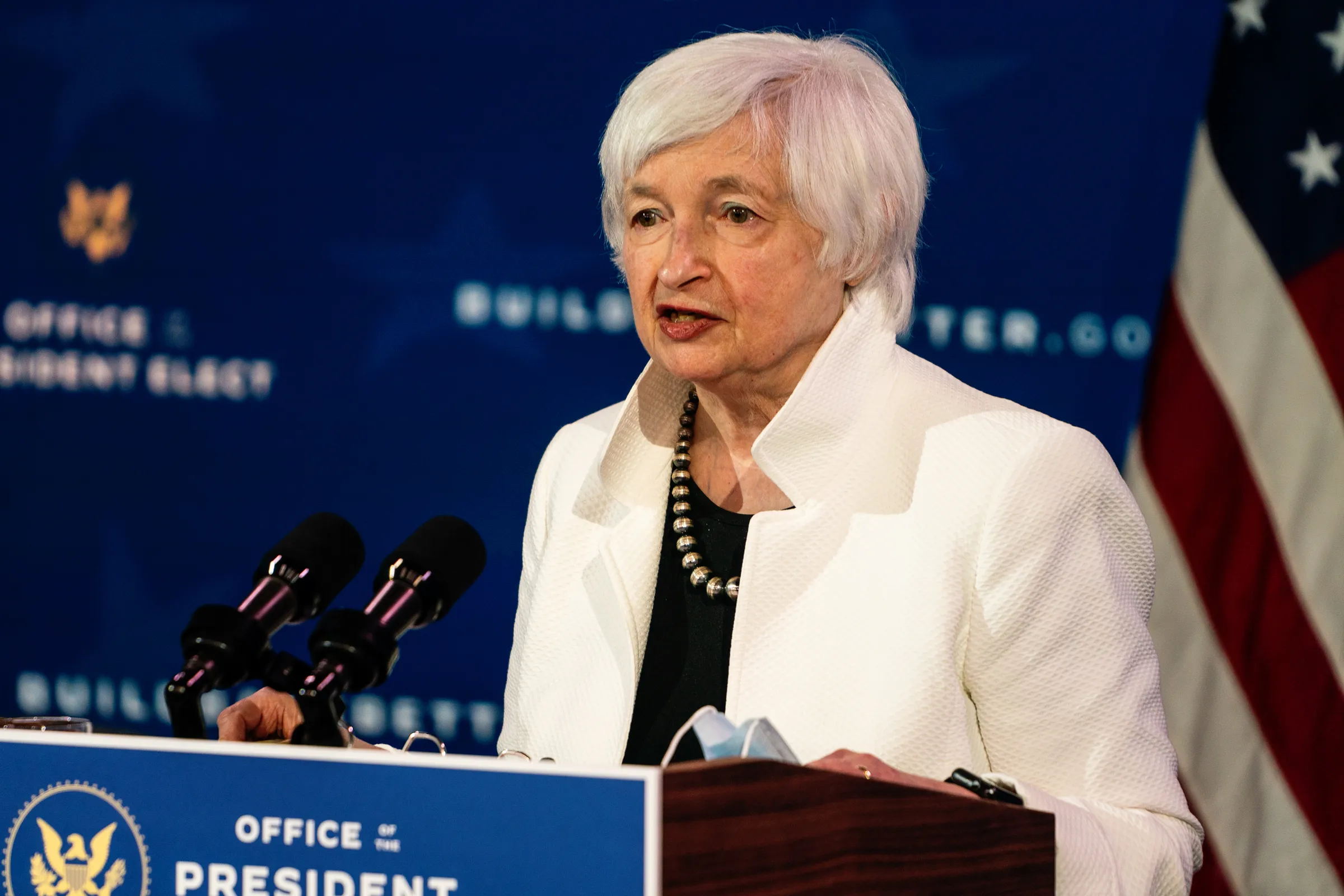The United States says the new cap on the price of Russian oil will constrain the finances used to fund the war in Ukraine.
Janet Yellen, US treasury secretary, said in a statement on Friday.
She said the cap — officially approved by Western allies earlier on Friday — is the culmination of months of effort by the coalition.
The $60 per barrel price cap on Russian seaborne crude oil would come into effect on December 5.
Advertisement
“The price cap will encourage the flow of discounted Russian oil onto global markets and is designed to help protect consumers and businesses from global supply disruptions,” she said.
“The price cap will particularly benefit low- and medium-income countries who have already borne the brunt of elevated energy and food prices exacerbated by Putin’s war.
“Whether these countries purchase energy inside or outside of the cap, the cap will enable them to bargain for steeper discounts on Russian oil and benefit from greater stability in global energy markets.
Advertisement
“Today’s action will also help further constrain Putin’s finances and limit the revenues he’s using to fund his brutal invasion.
“With Russia’s economy already contracting and its budget increasingly stretched thin, the price cap will immediately cut into Putin’s most important source of revenue.”
The price cap was put forward in September by the Group of Seven (G7) — US, Canada, the UK, France, Germany, Italy, Japan and the EU — in order to thwart Moscow’s ability to finance the war in Ukraine.
In a joint statement on Friday, the G7, the EU and Australia said the decision to impose a price cap was taken to “prevent Russia from profiting from its war of aggression against Ukraine”.
Advertisement
Despite the move, Russia’s flagship Urals crude oil traded at a massive discount of $33.28, or about 40 percent to the international Brent crude oil, at the end of last week, according to a report by Bloomberg.
According to the report, China and India were seen purchasing crude oil from Russia below the price cap.
On Friday, Brent crude fell to $85 per barrel while West Texas Intermediate (WTI) dropped below $80 a barrel.
Advertisement
Add a comment






